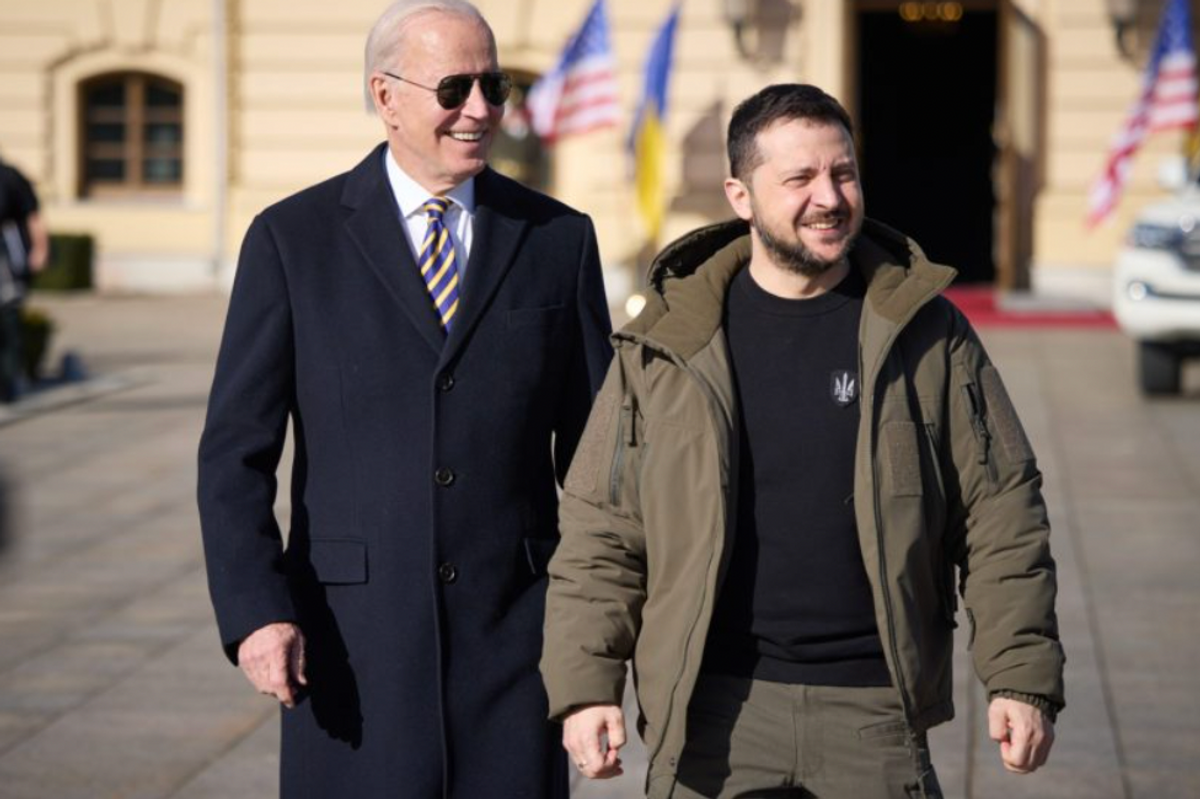
Reprinted with permission from MediaMatters.
A new report from The Guardian claims that Russia probe special counsel Robert Mueller and Congress are likely looking into possible Russian collusion with pro-Trump websites and associates of President Donald Trump’s election campaign in order to spread fake news and misinformation on social media during the 2016 presidential election. The report helps underscore the need for Facebook to show greater transparency and cooperation with experts as part of the company’s efforts to fight fake news.
On July 5, the Guardian reported that multiple probes about “possible collusion between the Trump campaign and Moscow” are looking into “whether Trump supporters and far-right websites coordinated with Moscow over the release of fake news.” According to the Guardian, the ranking Democrat on the Senate intelligence committee, Sen. Mark Warner of Virginia, “said there was evidence that this campaign appeared to be focused on key voters in swing states [Wisconsin, Michigan, Pennsylvania], raising the question over whether there was coordination with US political operatives in directing the flow of bogus stories.” The article noted that “a huge wave of fake news” that originated in Eastern Europe was impacting the campaign as early as March 2016, with fake stories aiming to harm former Secretary of State Hillary Clinton during the Democratic Party’s primaries, and then aiming to help Trump during the general election campaign.
The report is one of several which has suggested possible collusion between Russia, people surrounding Trump’s campaign, and pro-Trump media. In March, a separate report was published claiming that the FBI was looking into Russian bots spreading pro-Trump stories from “alt-right” websites like Breitbart and Infowars, and investigating whether “far-right news operations took any actions to assist Russia’s operatives.” As far back as November 2016, The New York Times reported on Cambridge Analytica, a data analytics firm hired by the Trump campaign, helping to push “dark posts” on Facebook — targeted ads that “can only be seen by users with specific profiles” — during the campaign to “try to suppress the African-American vote.” The firm, which is primarily owned by major Trump donor and Breitbart financier Robert Mercer and in which former Breitbart head and current White House chief strategist Steve Bannon invested, is being investigated by Congress, according to a May report from Time magazine, for its possible ties to “right-wing web personalities based in Eastern Europe who the U.S. believes are Russian fronts.” Notably, Trump’s son-in-law and advisor Jared Kushner, who is “under FBI scrutiny in the Russia investigation,” was involved with coordinating Trump’s digital operation, which included Analytica.
As these probes look further into possible collusion between Russia’s operatives, pro-Trump websites, and members of Trump’s campaign to influence the election outcome, Facebook continues to be non-transparent in its efforts to fight fake news. Although the social network platform has taken some steps to combat the problem, those steps appear to be lacking, especially seeing as the company may have information that could show possible Russian collusion that it has not released. Facebook has refused to share its data on fake news with experts and researchers who are trying to track fake news and have called on the company to release it, and it has additionally refused to publicly report on the impact of fake news via its website. As Trump continues to engage in efforts to potentially suppress votes, it is critical for Facebook to maximize opportunities that could prevent future attempts to stop people from voting.


